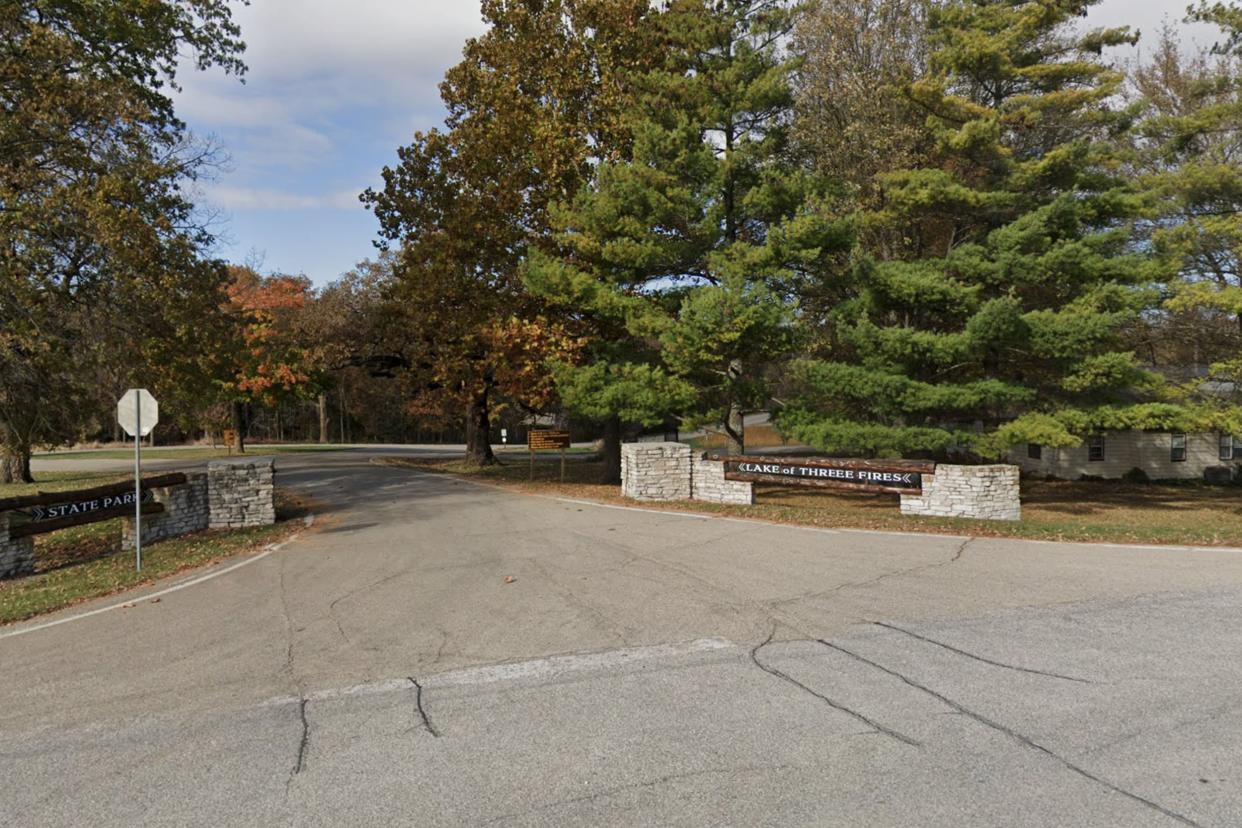Iowa beach closes after visitor infected with life-threatening, brain-eating amoeba
An Iowa beach has been closed after a swimmer visiting from another state was infected with a life-threatening, brain-eating amoeba.
The beach at Lake of Three Fires in Taylor County was temporarily shuttered for swimming Friday as a “precautionary response” after the rare brain infection caused by the amoeba Naegleria fowleri was reported in the visitor from Missouri, the Iowa Department of Public Health announced in a news release.
The patient was ill with primary amebic meningoencephalitis, or PAM, and was being treated in the intensive care unit, Missouri health officials said Thursday.

“It is not contagious, but can be life threatening,” the Missouri Department of Health and Senior Services said in a tweet.
Testing to confirm the presence of Naegleria fowleri in Lake of Three Fires is underway in conjunction with the Iowa Public Health Department and the Centers for Disease Control and Prevention. The process could take several days.
"It’s strongly believed by public health experts that the lake is a likely source, but we are not limiting the investigation to that source because it hasn’t been confirmed. Additional public water sources in Missouri are being tested," the Missouri Public Health Department said Friday.
Naegleria fowleri is a "free-living microscopic ameba," commonly found in warm freshwater — such as lakes and rivers — or, more rarely, in inadequately chlorinated swimming pools or heated and contaminated tap water, according to the CDC.
It usually infects people when contaminated water enters the body through the nose and travels up to the brain, “where it destroys brain tissue,” the Iowa Health Department release stated.

PAM is "usually fatal," according to the CDC, and there are only five known survivors of PAM in North America.
It cannot be spread from person to person and cannot be contracted by swallowing water, the CDC said.
PAM is “extremely rare" and only 154 known cases have been identified in the United States since 1962, Iowa health officials said.
"No additional suspected cases of PAM are currently being investigated in Missouri or Iowa," the release stated.
In September 2020, a 6-year-old boy died after he was hospitalized with the brain-eating amoeba in Lake Jackson, Texas. He was believed to have been infected after playing at a city splash pad.
In August 2021, a 7-year-old boy died after being infected with PAM after swimming in a Northern California lake. The following month, a child in Arlington, Texas, died after he was infected with the amoeba at a splash pad.
Symptoms of PAM start one to nine days after swimming or nasal exposure to contaminated water. Officials are warning swimmers to contact their doctor if they feel severe headache, fever, nausea, vomiting or a stiff neck after entering a warm body of water.
Officials are encouraging beach visitors to reduce the risk of infection by holding their noses or using nose clips when swimming, keeping one’s head above water during water-related activities and avoid entering the water during periods of high-water temperature.
